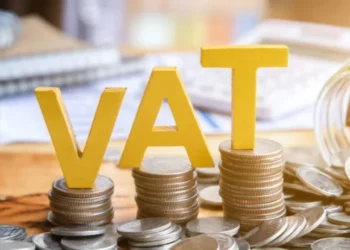Nigeria has emerged as Africa’s largest stablecoin market, recording nearly $22 billion worth of transactions between July 2023 and June 2024, according to a new report by Yellow Card, a pan-African crypto infrastructure provider.
The report, Stablecoin Adoption in Emerging Markets, said stablecoins now account for 43 per cent of total crypto transaction volumes in Sub-Saharan Africa. It added that Nigeria leads the continent, followed by South Africa, Kenya, and Ghana.
“Nigeria stands out as the continent’s largest stablecoin market, with nearly $22 billion in transactions,” the report stated, noting that adoption is driven by FX volatility, naira depreciation, and restricted banking access.
Yellow Card’s Nigeria managing director, Lasbery Chioma Oludimu, said stablecoins were becoming indispensable. “From facilitating cross-border trade to aiding treasury management, stablecoins are now a fundamental tool for financial stability and efficiency,” she said.
Globally, stablecoins have grown from a $5 billion market in 2020 to $230 billion by May 2025. Their biggest impact, the report stressed, is in emerging markets, where they support inflation hedging, trade, and financial inclusion.
The report also linked adoption to global trade disruption. “The U.S. decision in August 2025 to impose tariffs of up to 30 per cent on exports from 47 African nations has accelerated the shift toward dollar-backed stablecoins,” it said.
Yellow Card’s Nigeria country manager, Somtochukwu Nsofor, said stablecoins offered strong promise in oil and gas, manufacturing, and banking, but warned of risks including dollarization, literacy gaps, and infrastructure bottlenecks.
Meanwhile, the Securities and Exchange Commission (SEC) has announced a “Crypto Smart, Nigeria Strong” initiative to co-create a framework for stablecoin regulation. SEC DG Emomotimi Agama said the framework would also cover a naira-pegged stablecoin, backed by verifiable reserves, to power cross-border trade and programmable finance.




